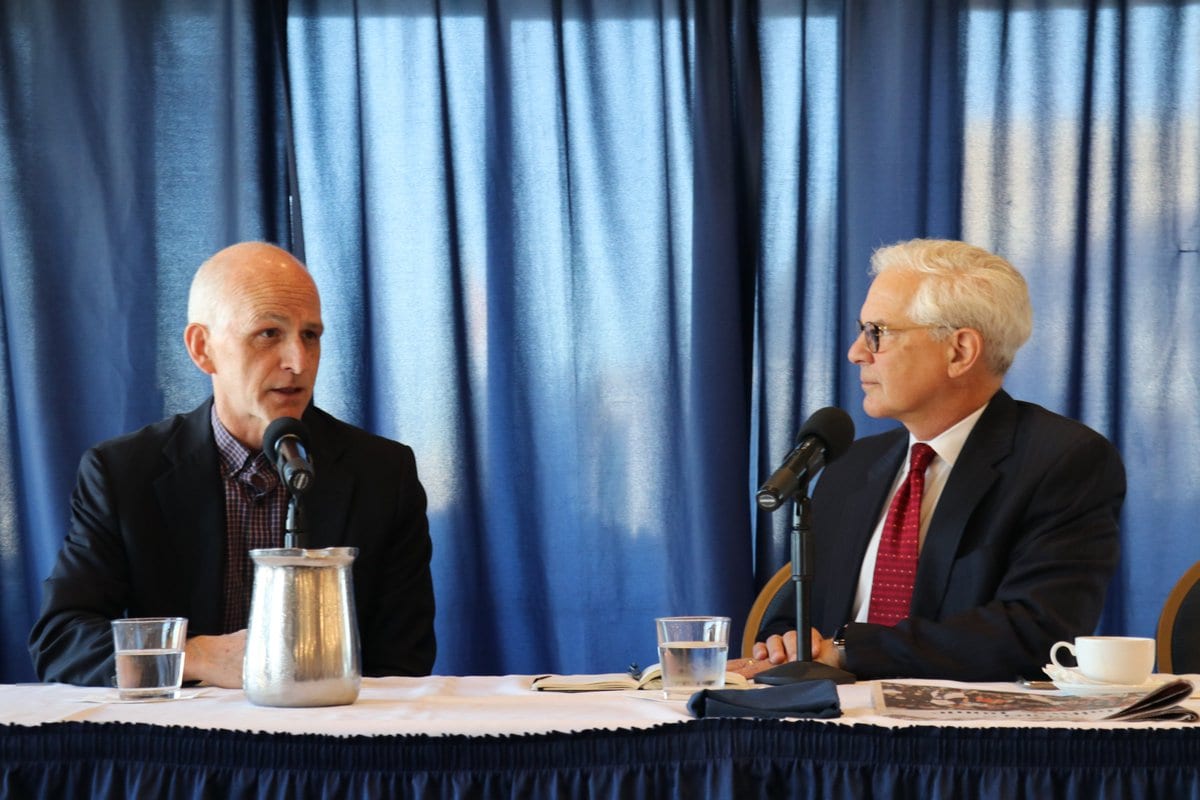
WASHINGTON, D.C. — Congress might not block the Navy from deploying a low-yield nuclear warhead this year after all, House Armed Services Committee Chairman Adam Smith (D-Wash.), an influential opponent of the weapon, said here Thursday.
“That’s going to…